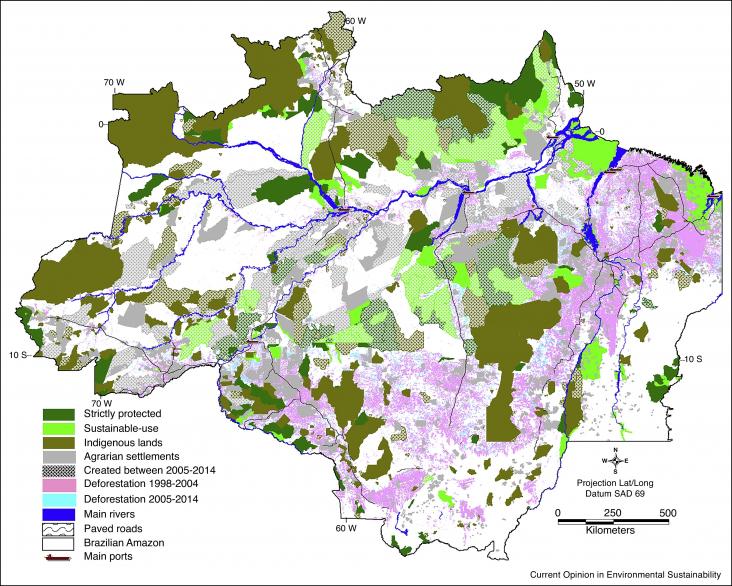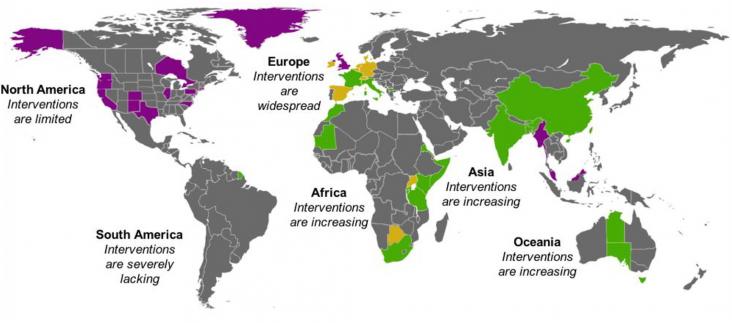A climate mitigation comprehensive solution is presented through the first high yield, low energy synthesis of macroscopic length carbon nanotube (“CNT”) wool from CO2 by molten carbonate electrolysis
Nanoscience is an inspiring and influential discipline of science which have accessible numerous novel and cost-effective yields and applications.
‘Biosphere reserve’ is a United Nations (UN) designation stipulating that a region should attempt to follow the principles of sustainable development (SD).
Material and product life cycles are based on complex value chains of technology-specific elements.
Material and product life cycles are based on complex value chains of technology-specific elements.

The Brazilian Amazon is being affected by the new worldwide geopolitical transformation that is tending towards an integrated global economy.
Approaches to food security primarily focus on technological solutions, seeking to produce more food, preferably with fewer resources.

It is no secret to anyone living in Beirut or a similar modern city in a semi-arid tropical country in the summer that their home has become a concrete forest and an urban heat island.

Marine plastic pollution has been a growing concern for decades. Single-use plastics (plastic bags and microbeads) are a significant source of this pollution.

This article highlights one of the winning proposals of the Elsevier Foundation Green & Sustainable Chemistry Challenge - “Biopesticides for improved paddy yield” - led by researcher Dr. Suzana Yusup. Her work shows how bio-pesticides can be safer and more effective than traditional pesticides, contributing to SDGs 8, 12, 13 and 15.
